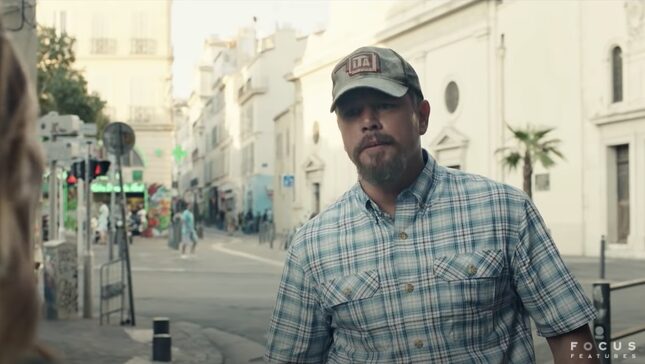Amanda Knox Thinks Stillwater Really Could Have Chosen a Different Plot
In a series of tweets, Amanda Knox laid out all the reasons you might not want to be in a rush to see Matt Damon's latest thriller
EntertainmentMovies

Matt Damon is starring in yet another Impossible White Man movie and although the trailer focuses on his character, who just wants to bring his daughter home, Stillwater has a more complicated plot. The film is “directly inspired by the Amanda Knox saga,” director Tom McCarthy told Vanity Fair. In describing his fascination with the case, McCarthy added, “There were so many characters around the case that I really followed pretty closely.” McCarthy’s view of real-life people as characters playing out a dramatic story is an interesting one, considering that a woman was murdered and another was falsely accused by police and vilified by the media for years.
-

-

-

-

-

-

-

-

-

-

-

-

-

-

-

-

-

-

-

-

-

-

-

-

-

-

-

-

-

-

-

-

-

-

-

-

-

-

-

-








































